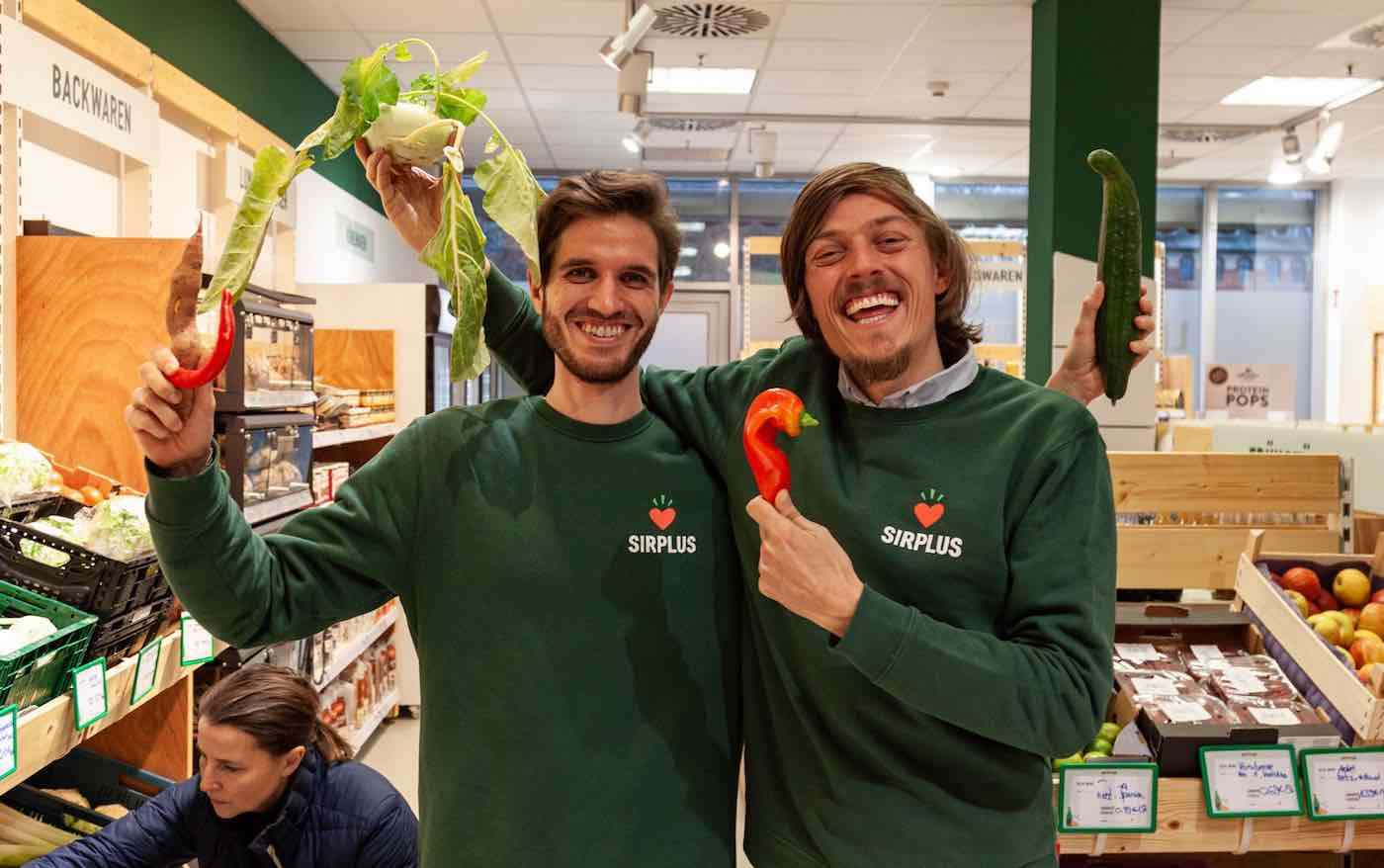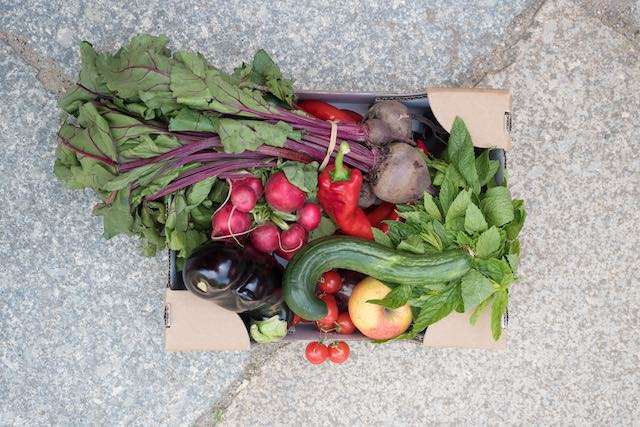Toronto Garbage Trucks Will Soon Be Powered by Biogas From the Very Food Scraps That They Collect
Toronto is one of the first North American cities to harness the biogas from their food waste and turn it into something useful.

A Berlin supermarket is tackling the challenge of reducing food waste by reselling all of the unattractive products that other grocery stores refuse to carry.
The SirPlus grocery store stocks their shelves with foodstuffs and produce that is expired, near to expired, misshapen, or just a bit odd, and offers it to shoppers for up to 80% less than the regular supermarket prices.
According to the United Nations Food and Agriculture Organization, 1.3 billion tons of food are thrown out or wasted every year across the world. This amounts to one third of all food produced worldwide, at the same time as trash landfills are filling rapidly.
The majority of the global waste comes from Europe and North America, with the average European wasting 210 to 254 pounds (95 to 115 kilograms) of food every year.
Some of the food rejected by other supermarkets, restaurants, or wholesalers—which SirPlus quality assurance specialist Timo Schmitt and his team inspect every day—is discarded because of something as little as a cucumber that has grown at a 90-degree angle, or a jar of jam that is mislabeled.
Others, like items past their expiry date, are carefully inspected to ensure that it is safe to eat. "We check smell, taste, consistency and packaging," Schmitt told Klaus Sieg, a Hamburg journalist. "If in doubt, we call in a laboratory."
As long as food has been deemed safe to eat and the customer understands the risks inherent in what they are purchasing, expired biscuits or even castaway yogurt and meat is legal to sell under German law.

"Suppliers such as farmers, […] wholesalers [and] retailers have a strong economic incentive to partner with us," explain the founders of SirPlus in an interview in 2017. "When buying or trading their surplus via our marketplace […] we're saving them significant disposal costs, while providing a new revenue source".
France passed a law four years ago that supermarkets must not throw away food that has reached its sell-by date. This could mean donating to food banks, composting it, or recycling it for use in pet food or biofuel—but all of the above require larger operational expenses than simply selling it.
Fellmer and Schott allow producers and distributors to save storage and disposal costs by selling or donating their food to SirPlus, which if their own storage space can't accommodate, will be offered for free to NGOs.
In 2019, SirPlus saved 2000 tons of food (4.4 million pounds). The company also has bold plans for 2020 and wants to continue opening stores in Berlin while expanding into other cities, to launch their own product line with the SirPlus label made specifically from food that's been rescued, and create an online platform that allows for home grocery delivery—all to distribute the increasingly larger amounts of donated food coming SirPlus' way, which includes one million croissants last year.

They also have a subscription service called the "Retterbox" (Rescue Box) containing a random assortment of quality-controlled products that have been saved from the dumpster and delivered to your house on a monthly basis with free shipping throughout Germany.
Inspire Copycats in Your Area by Sharing The Good New On Social Media…
Be the first to comment